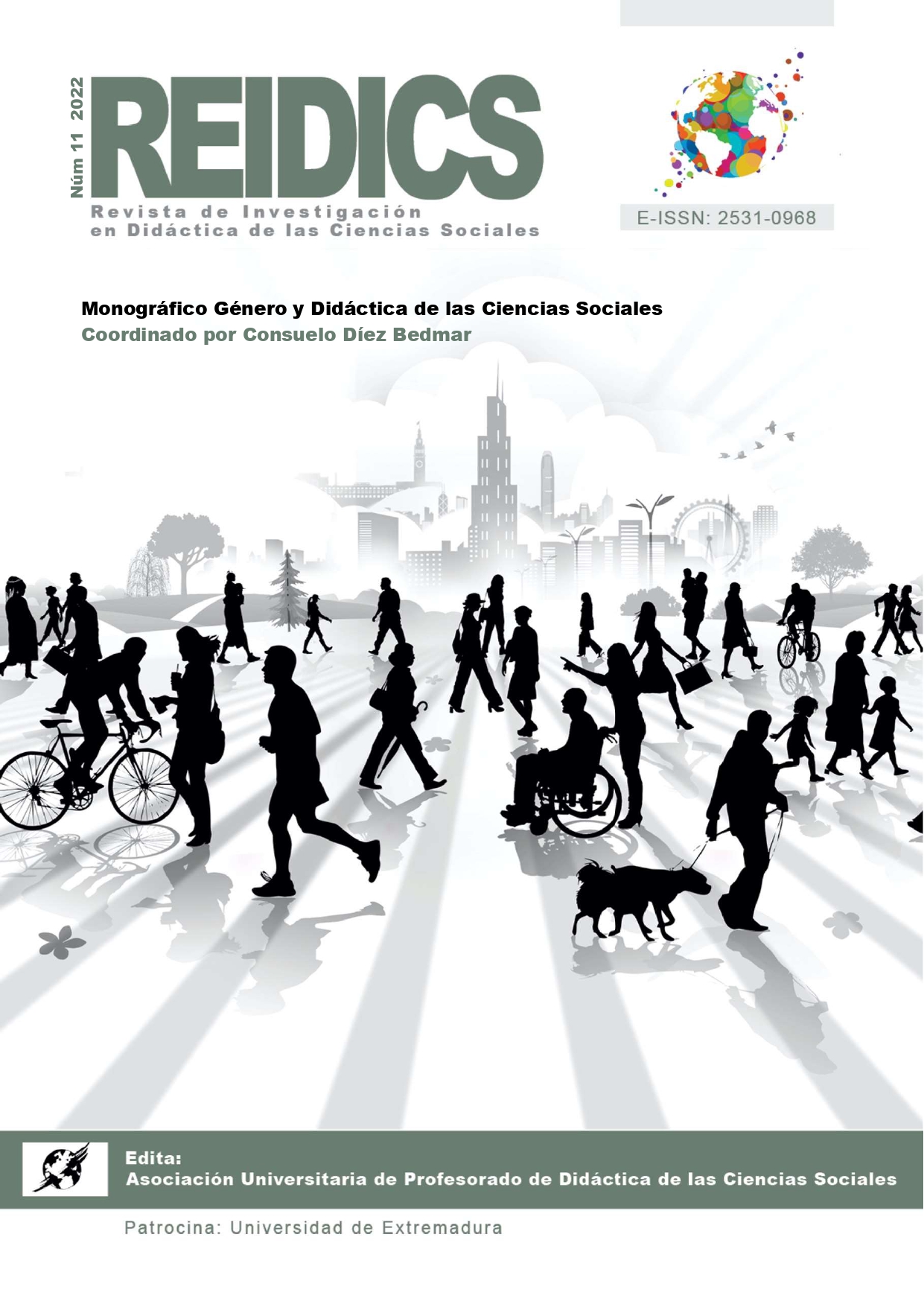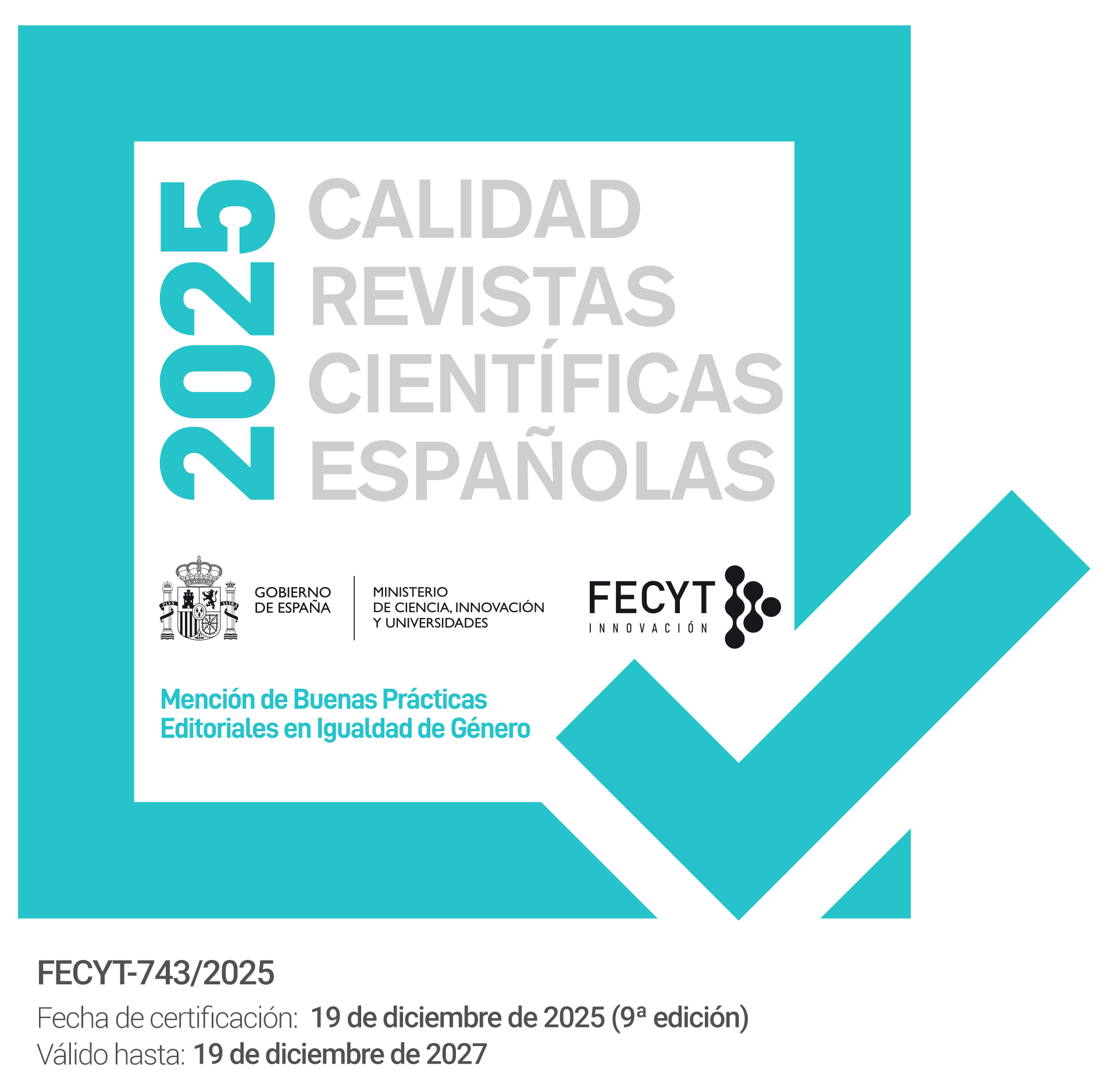Being LGBTQ+ in secondary school: A look at past experiences from a gender perspective
DOI:
https://doi.org/10.17398/2531-0968.11.68Keywords:
LGBTQ students, secondary schools, gender-normative teaching, LGBTQ content integration, institutional helpAbstract
While many studies have looked at the treatment of gender in the secondary classroom in Spain, few have focused on LGBTQ+ secondary experiences from a gender perspective. Twenty recently graduated secondary students who currently identify as LGBTQ+ participated in semi-structured interviews and a focus group centering on their school experiences (the data collection type respected participants’ personal preferences). Participants reported receiving little LGBTQ+-related content in their social science classes and school in general, but when content was presented, it was focused on homosexual males, mainly, superficial comments on the homosexual identification of male historical figures or on the general acceptance of male homosexuality in the past. These former secondary students recognized the privilege of males and male identities within the LGBTQ+ collective, not only within the curriculum, but also in terms of treatment by their peers. Furthermore, the little support that students did receive from their teachers, seemed to come principally from female figures. The findings illustrate how heteronormative social norms dominate within schools and highlight specific shortcomings of secondary schools regarding LGBTQ+ student experiences from a gender perspective.
Downloads
Published
Issue
Section
License
Aquellos autores/as que tengan publicaciones con esta revista, aceptan los términos siguientes:
- Los autores/as conservarán sus derechos de autoría y garantizarán a la revista el derecho de primera publicación de su obra, el cual estará simultáneamente sujeto a la Licencia de reconocimiento de Creative Commons 4.0 BY-NC-SA que permite a terceros compartir la obra siempre que se indique su autor y su primera publicación en esta revista.
- Los autores/as podrán adoptar otros acuerdos de licencia no exclusiva de distribución de la versión de la obra publicada (p. ej.: depositarla en un archivo telemático institucional o publicarla en un volumen monográfico) siempre que se indique la publicación inicial en esta revista.
- Se permite y recomienda a los autores/as difundir su obra a través de Internet (p. ej.: en archivos telemáticos institucionales o en su página web) antes y durante el proceso de envío, lo cual puede producir intercambios interesantes y aumentar las citas de la obra publicada. (Véase El efecto del acceso abierto).
- Los autores y autoras han respetado la política de autoría de esta revista.








